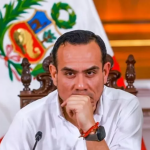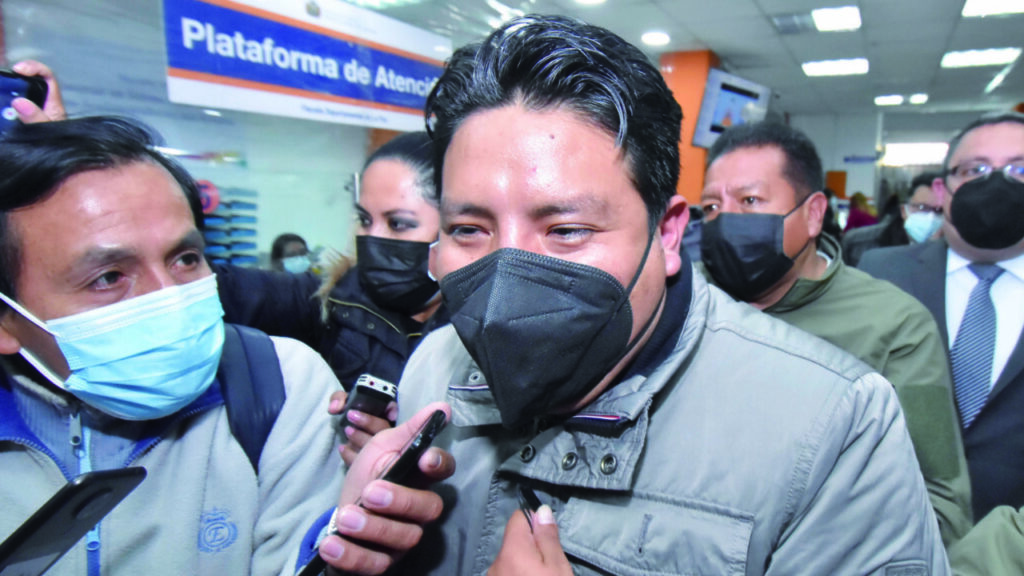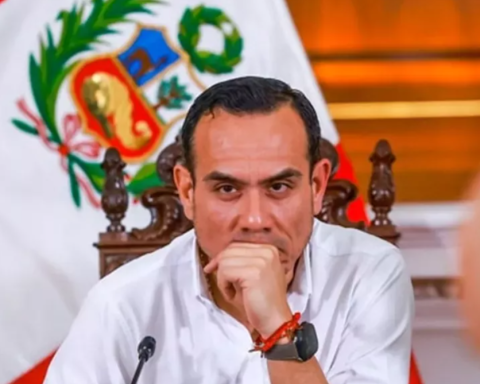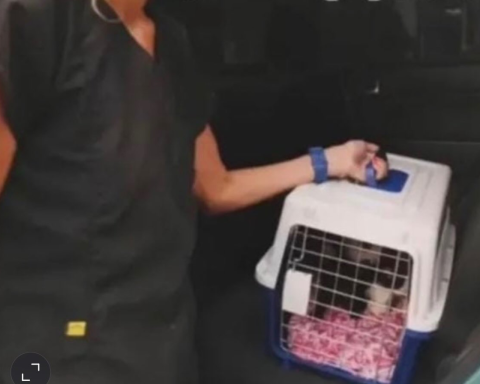The studies for the detection of three types of cancer (breast, uterus and colon) they doubled during 2021 compared to 2020 but continue to be between 19 and 48 percent less than pre-pandemic levels, informed Télam from the National Cancer Institute (INC).
“During 2021 the screening strategy was resumed throughout the country and although the statistics recorded in the pre-pandemic were not recovered, the reduction compared to 2019 of mammograms was only 19.4%, of HPV/cytology tests of 29 % and fecal occult blood tests of 48% with variations in each jurisdiction,” described oncologist Verónica Pesce, director of the INC on the eve of World Cancer Day, which is February 4.
In 2020, the studies that serve to detect these three types of cancer had fallen much more compared to 2019: according to the records of the Sitam (Information System for Screening), the screening procedures for breast cancer they had descended 61.8%; for cervix, 63%, and for colorectal cancer, 70%.
Although the INC warned that these data may not accurately reflect reality -since there could be a decrease in personnel for uploading the information or a notification in provincial systems that have not been uploaded to SITAM, which is a national registry- , the information is consistent with the testimonies of specialists during the first months of the pandemic, in 2020.

“To analyze the current values, we must understand that we are still going through the pandemic, and this impacts not only on people’s fear of approaching or not to carry out their studies, but also on the response capacity of the health system”, indicated Pesce, for whom “The recovery will surely be seen during this 2022”.
The oncologist and current INC official described that “the situation varies depending on where the study is carried out: the pap smear is not the same or even the possibility of self-testing for the detection of cervical cancer, which can be carried out at the first level of care, than the complexity required to have a mammogram or perform a video colonoscopy, which is performed at the second level of care”.
Referring to the real impact of the coronavirus pandemic on the detection and treatment of all types of cancer, the specialist indicated that “it will require a longer evolution time to be able to dimension it”, although she added: “Of course, these indicators allow a quick reading to guide us in action, but over time a deeper reading can be done.”
In this sense, beyond access to these first studies, Pesce pointed out that “even before the start of the pandemic, one of the issues that most worries the INC is being able to ensure the continuous care that follows any cancer screening.”
And continued: “This is to be able to guarantee that people with suspicious screening studies can access diagnostic biopsies and adequate, quality treatments, and at the right time.”
Although the recommendation is to carry out controls for the prevention of any disease, Pesce insisted on the importance of carrying out these studies (pap or HPV test, mammograms and search for occult blood in feces or colonoscopy) for these three types of cancer for the that the INC has specific programs that encourage screening due to the great scientific evidence of the possibility of prevention and early detection of tumors, and its consequent impact on patient survival.
According to estimates made by the Global Cancer Observatory (Globocan), from the International Agency for Research on Cancer (IARC), from the data produced by population-based cancer registries in the country, in Argentina there were 130,878 new cases of cancer in both sexes in the year 2020.

Considering all tumor sites -with the exception of non-melanoma skin cancer- (126,818 cases), the age-adjusted incidence rate was 212.4 cases per 100,000 inhabitants, a figure that positions Argentina among the countries of the world with medium-high incidence of cancer (range 181.1 to 248.3 per 100 thousand inhabitants).
Regarding the countries of Latin America, Argentina is in fifth place in terms of frequency, rising two positions compared to 2018
The distribution of cases according to the main tumor sites shows that the breast cancer, with 22,024 cases, it was the largest in 2020, representing 16.8% of all new cases and the first in women.
Colorectal cancer is in second place, with 15,895 new cases -12.1% of the total-, while lung cancer is in third place, with 12,110 new cases, which account for 9.3% of the total.
Regarding the distribution by sex, in men the highest incidence was given by prostate cancer, with an occurrence of more than 11,686 cases per year, which represented 18.7% of all malignant tumors in this group, with a rate standardized by age of 42 cases per 100 thousand males.
In women, the highest incidence was given by breast cancer, with 22,024 cases per year, which represented 32.1% of all malignant tumors in this group, with an age-adjusted rate of 73.1 cases for each 100 thousand women.

















